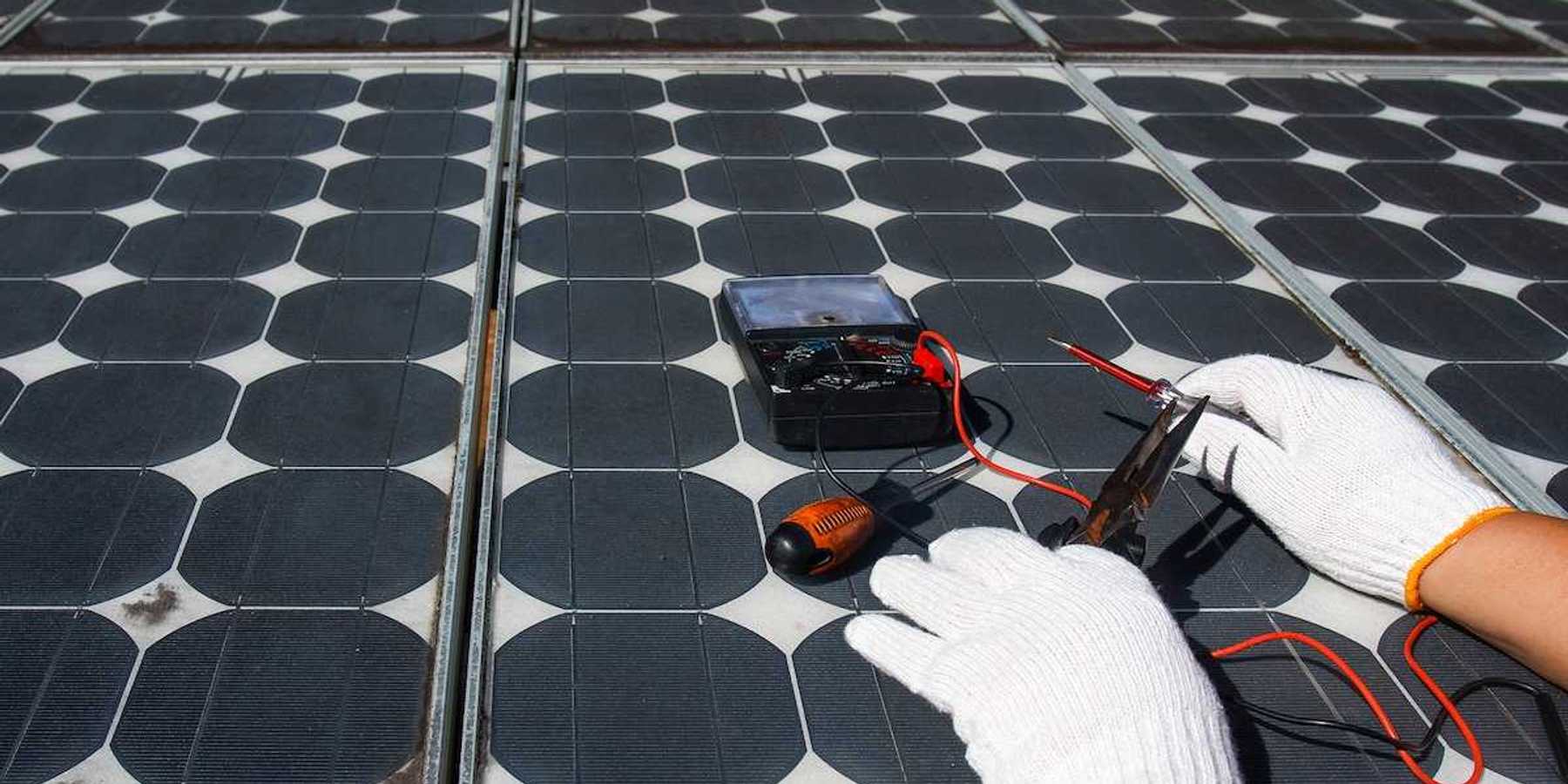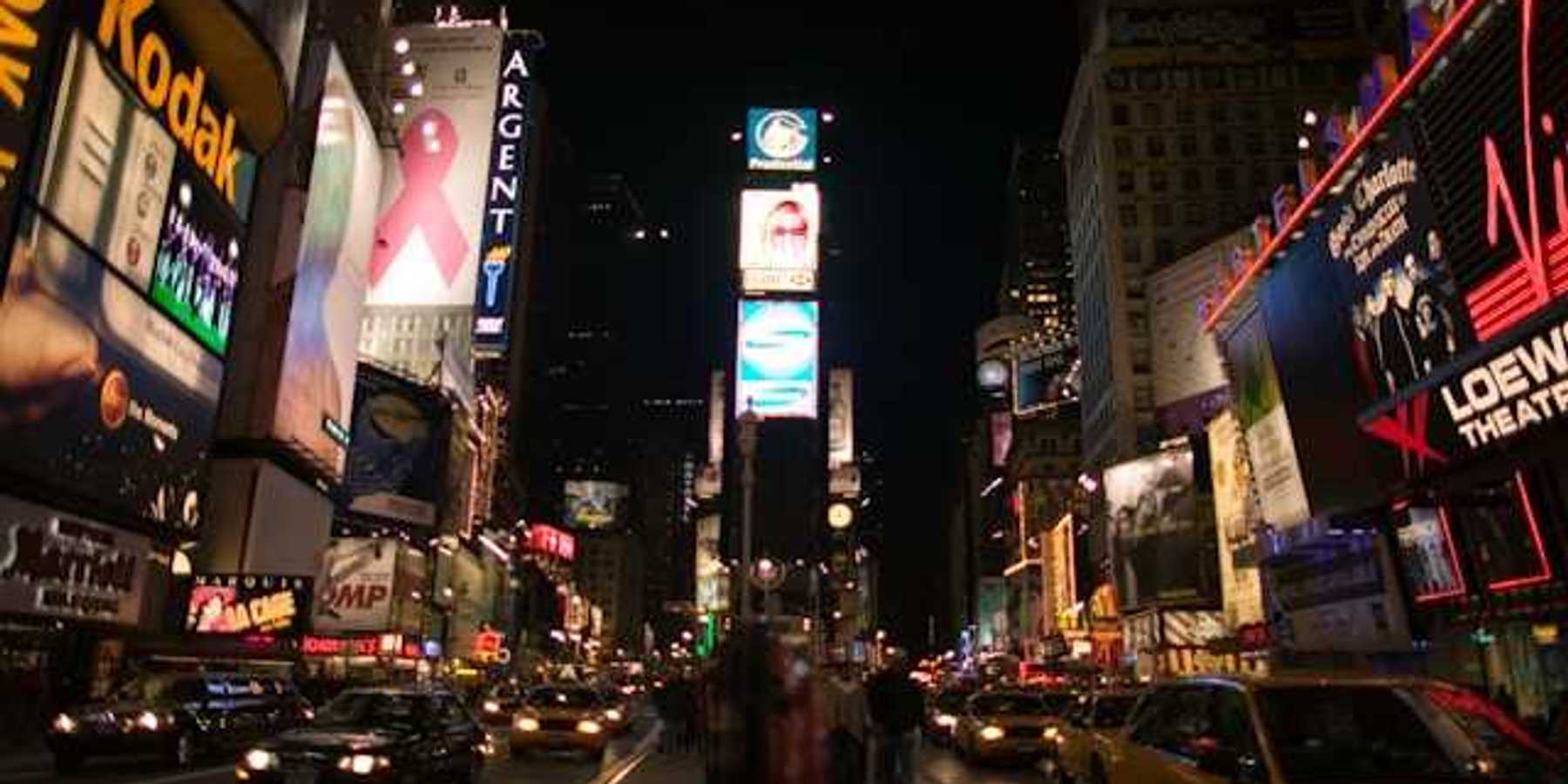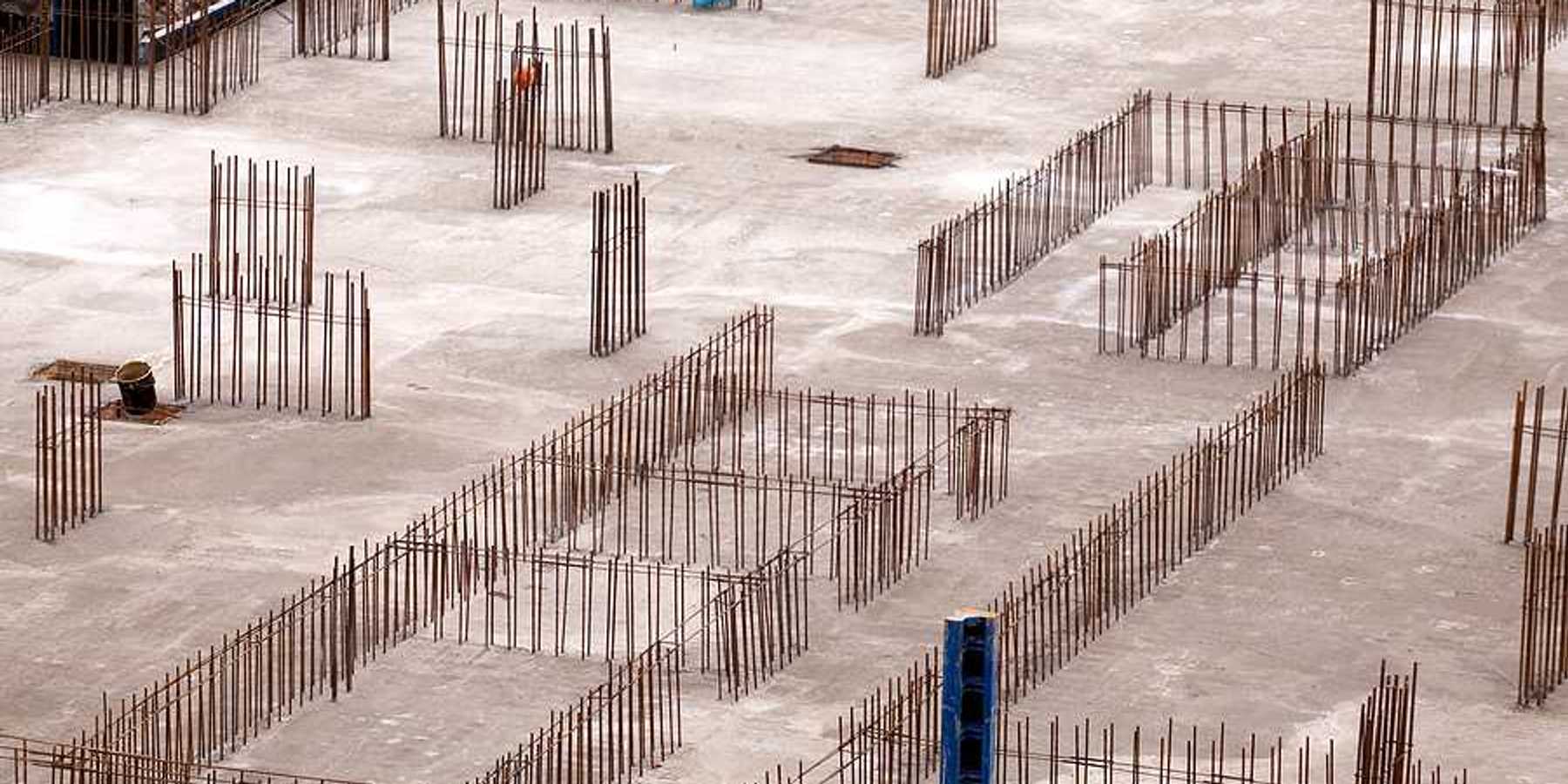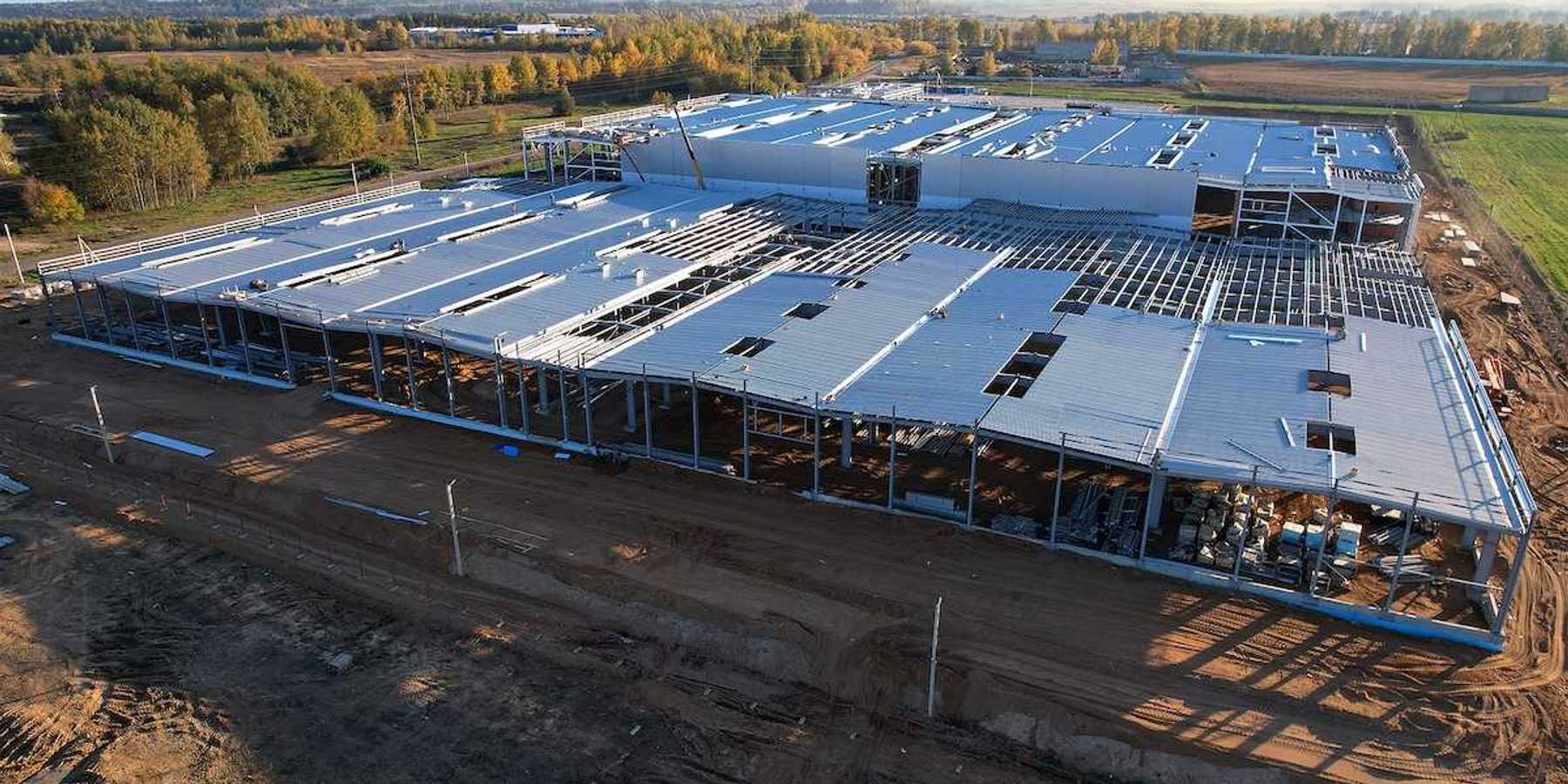
Surging A.I. power use derails Big Tech’s 2030 net-zero promises
Rising electricity demand from artificial intelligence data centers is pushing Google, Amazon, and other tech giants off the emission-reduction paths they set for the next decade, new sustainability reports show.
Claire Brown reports for The New York Times.
In short:
- Google’s greenhouse gas output jumped 11% in 2024, Amazon’s 6 percent, and Microsoft’s remained 10% above its 2021 level; Meta has yet to release 2024 figures.
- Analysts expect A.I. data centers to consume up to 12% of U.S. electricity by 2028, while President Trump’s recent law phases out wind and solar tax credits, slowing clean power growth.
- An MIT test that forced ChatGPT to give briefer replies cut emissions 70% over two days, illustrating that efficiency tweaks help but cannot offset the sector’s accelerating load.
Key quote:
“Their emissions are really going through the roof, due to new data centers and A.I. uses.”
— Silke Mooldijk, climate policy analyst at the NewClimate Institute
Why this matters:
Every Google search and chatbot query now demands a burst of electricity, most of it still produced by coal and gas. As tech giants race to build server halls the size of small cities, utilities must fire up more fossil-fuel plants, driving up carbon pollution, soot, and ozone. Data centers also gulp vast amounts of cooling water, tightening pressure on drought-stressed rivers and aquifers. Because the federal rollback of clean energy incentives coincides with this surge, the grid’s carbon intensity is likely to rise just when climate scientists say it must plunge.
Learn more: Trump moves to speed AI growth by cutting environmental protections













